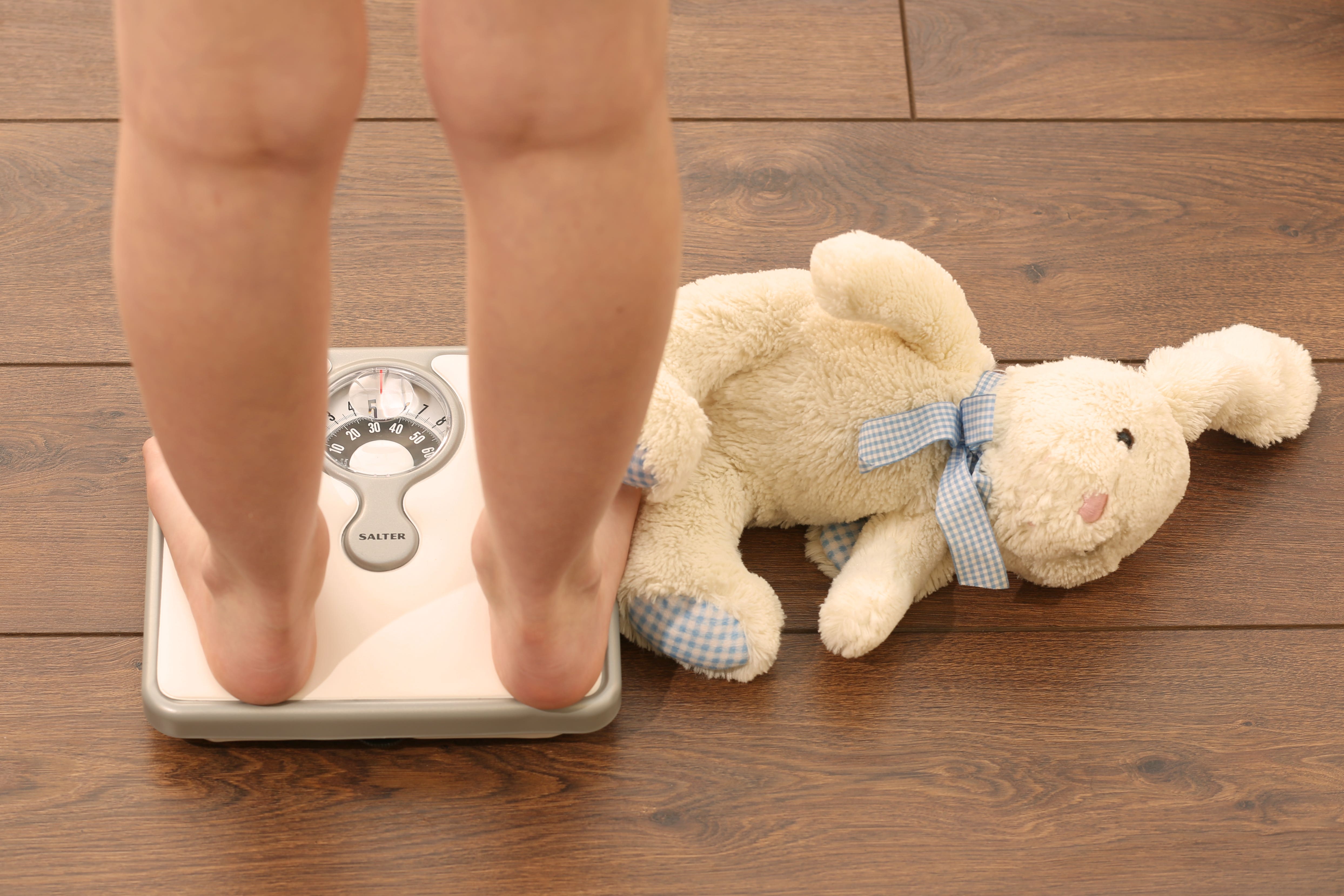Childhood obesity has ‘profound’ impact on life expectancy, researchers warn
Researchers analysed the findings of more than 50 clinical studies on obesity.

Your support helps us to tell the story
From reproductive rights to climate change to Big Tech, The Independent is on the ground when the story is developing. Whether it's investigating the financials of Elon Musk's pro-Trump PAC or producing our latest documentary, 'The A Word', which shines a light on the American women fighting for reproductive rights, we know how important it is to parse out the facts from the messaging.
At such a critical moment in US history, we need reporters on the ground. Your donation allows us to keep sending journalists to speak to both sides of the story.
The Independent is trusted by Americans across the entire political spectrum. And unlike many other quality news outlets, we choose not to lock Americans out of our reporting and analysis with paywalls. We believe quality journalism should be available to everyone, paid for by those who can afford it.
Your support makes all the difference.Being very obese as a young child could cut life expectancy by about half, according to a study.
Losing weight however, could add years back on, researchers said.
The analysis, presented at the European Congress on Obesity in Venice and led by Germany-based life sciences consultancy stradoo, used data from 50 existing studies on obesity to estimate the impact of childhood obesity on conditions like type 2 diabetes and life expectancy.
Early diagnosis should and can improve quality and length of life
The pieces of research combined included more than 10 million people from countries around the world, including about 2.7 million people aged between two and 29.
Researchers used a body mass index (BMI) z score – which measures how much a youngster’s weight deviates from the normal range for their age and gender – to estimate how obese children were.
The higher the BMI z score, the more a child weighed.
The team found that children that were severely obese at age four – with a BMI z score of 3.5 – had a life expectancy of 39 years if they did not lose weight.
Children with BMI z scores of 2.0 had an estimated life expectancy of 65 without weight loss, while children with a score of 2.5 had a life expectancy of 50 years.
Figures published by the Office for National Statistics in January revealed life expectancy at birth in the UK in 2020 to 2022 was 78.6 years for males and 82.6 years for females.
Dr Urs Wiedemann, of stradoo, said: “While it’s widely accepted that childhood obesity increases the risk of cardiovascular disease and related conditions such as type 2 diabetes, and that it can reduce life expectancy, evidence on the size of the impact is patchy.
“A better understanding of the precise magnitude of the long-term consequences and the factors that drive them could help inform prevention policies and approaches to treatment, as well as improve health and lengthen life.”
The team found severely obese four-year-olds were also 27% more likely to develop type 2 diabetes by the age of 25, and had a 45% chance of developing the condition by age 35.
The impact of childhood obesity on life expectancy is profound
In comparison, children with BMI z scores of two at age four had a 6.5% chance of developing type 2 diabetes by 25 and a 22% change by 35.
Researchers also used their modelling to determine the impact of weight loss.
Children with severe early onset obesity – or a BMI z score of 4.0 at age four – who do not lose weight had a life expectancy of 37 and a 55% risk of developing type 2 diabetes.
However, if this was reduced to a z score of 2.0 – in the obese range – by age six, life expectancy increased to 64 and the risk of type 2 diabetes fell to 29%.
Dr Wiedemann added: “The impact of childhood obesity on life expectancy is profound.
“It is clear that childhood obesity should be considered a life-threatening disease.
“It is vital that treatment isn’t put off until the development of type 2 diabetes, high blood pressure or other ‘warning signs’ but starts early.
“Early diagnosis should and can improve quality and length of life.”